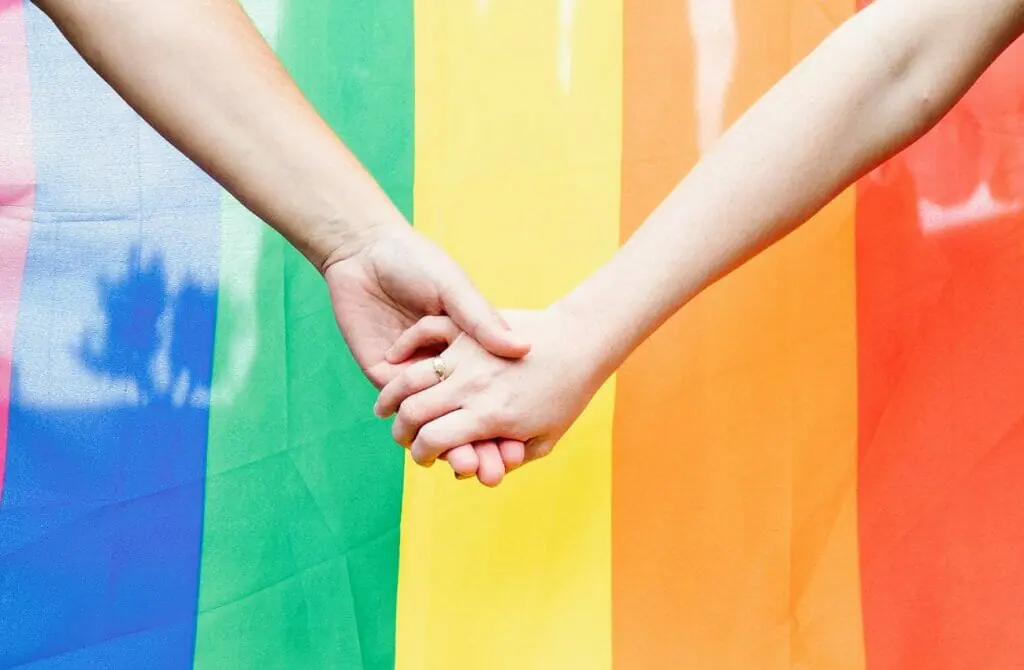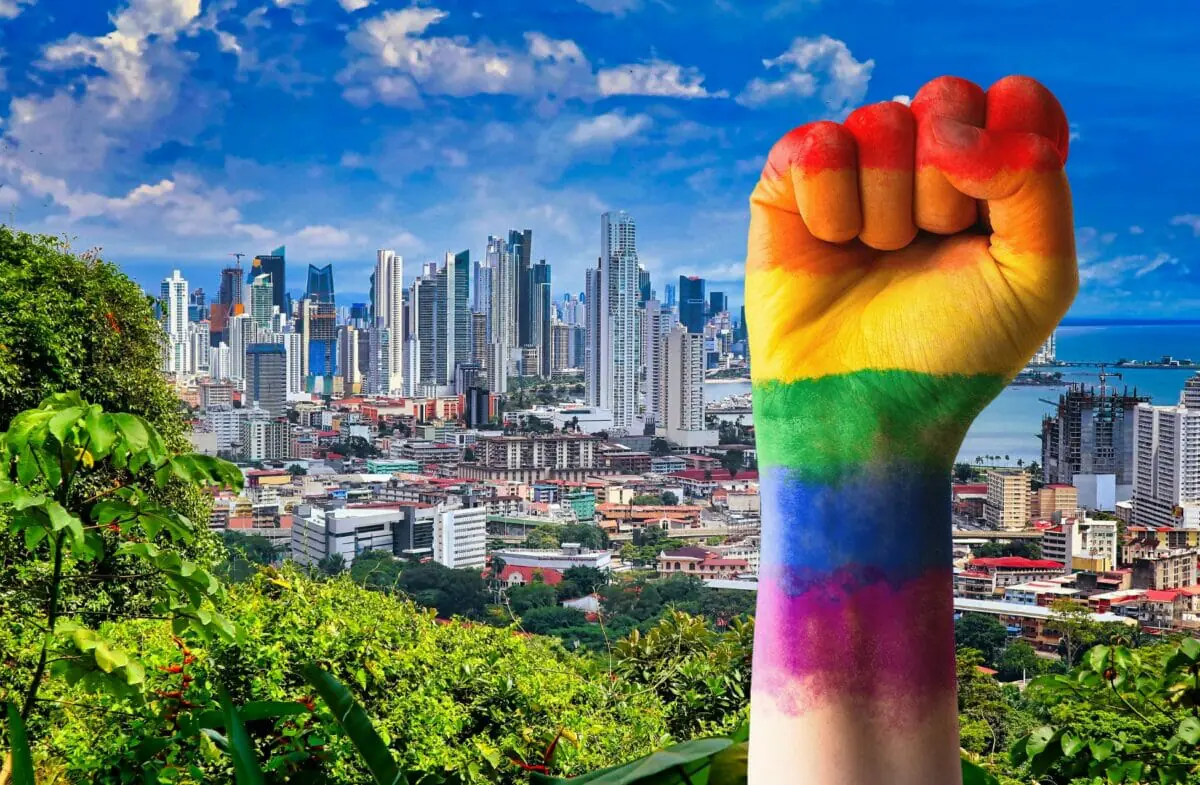LGBT rights in Panama have seen significant progress in recent years, but challenges persist for both local residents and tourists.
While homosexuality is legal in the country, same-sex marriage is not, and there is limited protection from discrimination. These issues impact the daily lives of LGBT Panamanians, as well as the experiences of LGBT travelers who visit the country.
Tourists should be aware that the legal landscape and social attitudes towards LGBT individuals can vary significantly within Panama. While major cities like Gay Panama City may be more accepting, rural areas may still harbor discriminatory attitudes. It is important for travelers to be vigilant and exercise caution, especially in unfamiliar environments. Situations can change rapidly, and it is essential to remain informed and seek current advice before traveling to ensure the most up-to-date information.
To protect themselves, LGBT travelers should research their destination thoroughly and stay abreast of any major developments related to LGBT rights. Connecting with local LGBT organizations or consulting with fellow LGBT travelers can provide invaluable insight into the challenges they may face and help identify appropriate steps to mitigate potential risks.
Remember, information can become outdated over time, and there are always instances of bad actors, so maintaining vigilance and seeking accurate, timely advice is crucial for a safe and enjoyable travel experience.
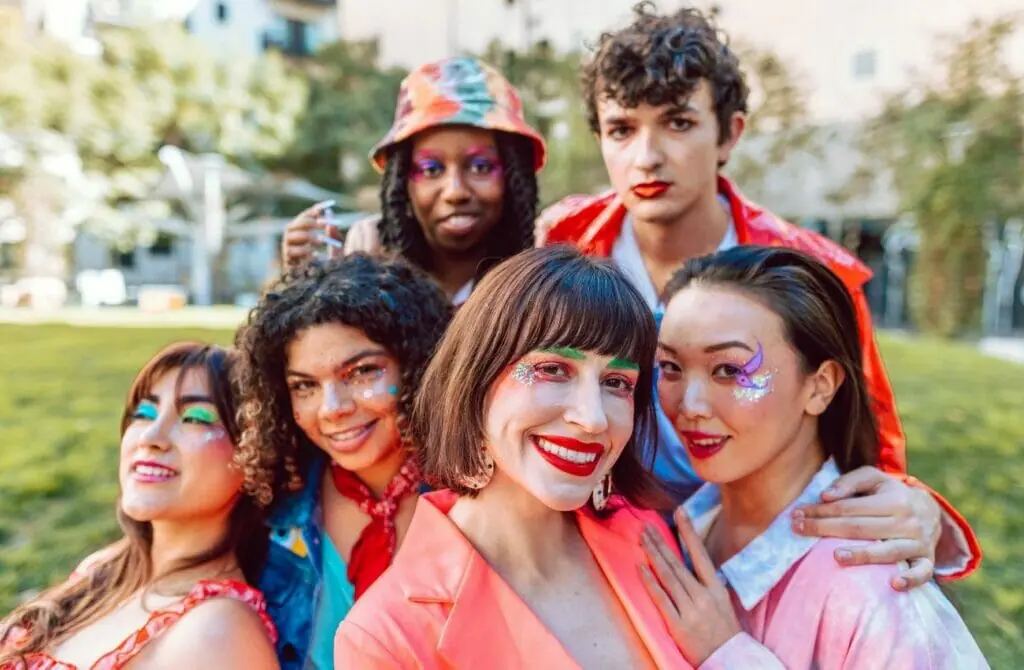
History Of LGBT Rights In Panama
Panama has made progress in recent years when it comes to LGBT rights, but there is still a long road ahead. In 2008, Panama became the last Latin American nation to decriminalize homosexuality through Executive Decree Nº 332. While this marked a major milestone, Panama still does not have any specific laws in place to protect LGBTIQ+ individuals against discrimination based on sexual orientation or gender identity.
When it comes to the experiences of locals and tourists in Panama, there may be differences depending on the context and the particular area within the country. While Panama is working towards becoming a more inclusive destination for all, it is essential for tourists to remain cautious and respectful of local customs and laws.
For travelers looking to stay informed and protect themselves, it is important to do thorough research before visiting. This includes checking for the most up-to-date information on local laws and regulations, understanding the social climate, and seeking advice from local sources or other experienced travelers. Situations can change rapidly, and it is always best to be prepared and vigilant when traveling in unfamiliar territory.
Moreover, while Panama has some progress to make in terms of enacting protections for the LGBT community, it is essential to remember that the country is situated at a unique crossroads in the global conversation surrounding LGBTQ rights. By staying informed and exercising caution, individuals can help build bridges and create a more inclusive and understanding environment for all.
As a reminder, the information presented here could be subject to change or become outdated, so it is crucial to seek current advice and verify your sources before traveling. By doing so, you can ensure the most enjoyable and safe experience for yourself and those around you.
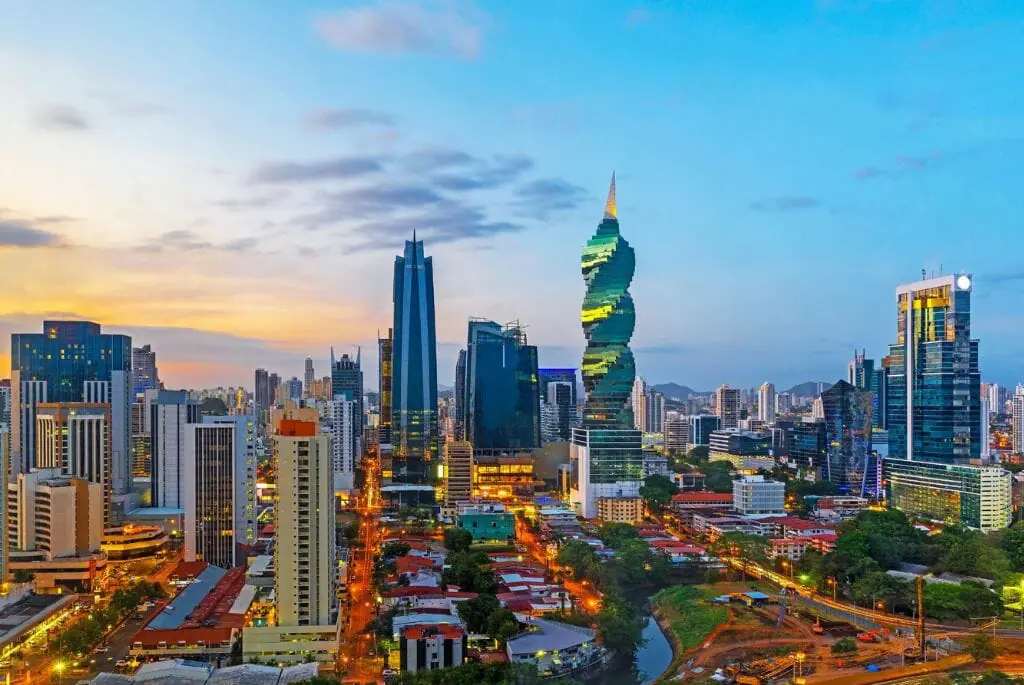

The LGBT Current Situation In Panama
In Panama, same-sex sexual activity has been legal since 2008, and the age of consent is equal to 18 for both heterosexual and homosexual relationships. However, same-sex marriage is not yet legally recognized, and legal gender recognition, such as modifying official documents to reflect one’s gender identity, often requires surgery.
For locals, the LGBT community in Panama still faces challenges in terms of social acceptance and discrimination. While discrimination based on sexual orientation is illegal in some contexts, there are no specific protections for housing or adoption rights.
Tourists visiting Panama should be mindful of the local attitudes towards the LGBT community. While Panama City tends to be more cosmopolitan and accepting, other regions may be more conservative in their views. Travelers should always remain vigilant and err on the side of caution, as situations can change rapidly, and information can become outdated.
To protect oneself, it is advisable to research the specific destinations within Panama and seek current advice before traveling. Familiarize yourself with local customs and cultural norms and avoid engaging in public displays of affection that might attract unwanted attention.
It is essential to remember that, like any country, Panama has individuals who may not have the best intentions, and it is crucial to remain cautious and aware. As the legal and cultural landscape surrounding LGBT rights continues to evolve, staying informed and vigilant will ensure a safe and enjoyable experience for all travelers.
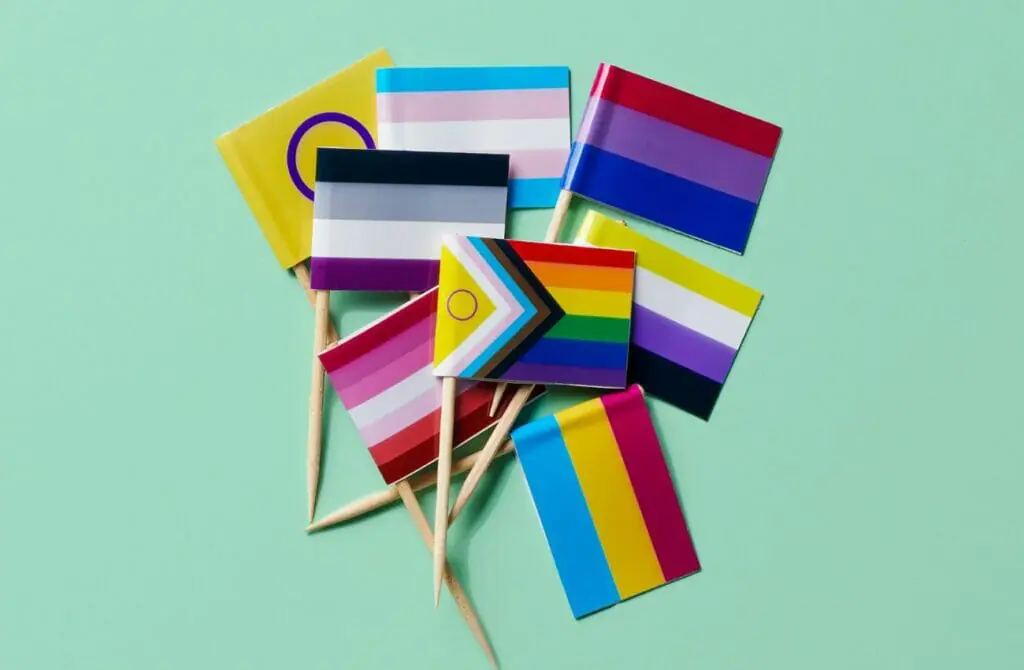

The Future For The Queer Community In Panama
In Panama, LGBT rights have slowly gained more attention over the years, but there is still room for improvement. For local LGBT individuals, the lack of legal recognition for same-sex couples and limited anti-discrimination protections may significantly impact their daily lives. Tourists, on the other hand, may not face the same challenges as locals, but they should still be aware of the conservative attitudes held by some individuals in the country.
To protect oneself, both locals and tourists can take certain precautions. It is essential to remain cautious about public displays of affection, especially in more conservative or rural areas, as there may be a higher risk of encountering negative reactions. When interacting with others, be vigilant and assess others’ comfort levels before discussing LGBT topics openly.
Another step is to seek local support from organizations or individuals advocating for LGBT rights within Panama. These organizations can provide up-to-date information on the current legal and social climate in the country. Connecting with other LGBT individuals or allies will not only provide a sense of community but may also help navigate any challenges that arise.
It is crucial to remember that situations can change quickly, and information may become outdated. Therefore, always seek current advice before traveling or engaging in activities that may potentially expose you to discrimination or legal challenges. By remaining vigilant and educated about the current state of LGBT rights in Panama, both local individuals and tourists can help to create a safer and more inclusive environment for all.
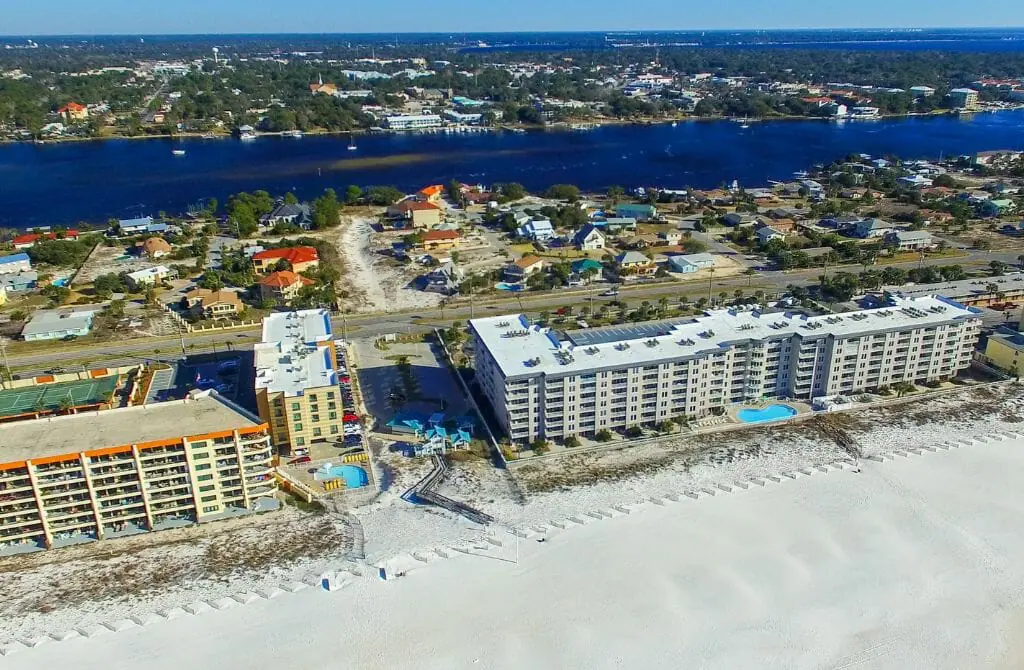
Protect Yourself While Travelling In Gay Panama
While LGBT rights in Panama have seen some progress, the country does not yet fully recognize all rights of the LGBT community. As such, both locals and tourists should take certain precautions to ensure their safety and well-being.
In general, homosexuality is legal in Panama, but same-sex marriages and civil unions are not recognized. Tourists visiting the country may not experience outright discrimination, but it is always wise to exercise caution and use discretion. Do your research about the specific areas you will be visiting, as attitudes can vary from place to place.
For local LGBT individuals, the situation may be more complex. Although changing gender is legally recognized, it requires surgery, and non-binary gender recognition is not in place. Discrimination protections exist for sexual orientation in employment, but housing discrimination protections are absent, making it vital for LGBT people to remain vigilant.
Both locals and tourists can take several steps to protect themselves. Maintain situational awareness and discretion when discussing your personal life and relationships. Also, connect with local and international LGBT organizations for support and updated information on the local scene.
Keep in mind that situations can change rapidly, and information may become outdated. Always seek current advice from reliable sources before traveling or making decisions regarding your rights and protections.
Remember that there are bad actors in every country, so always remain vigilant to ensure your safety and well-being.
